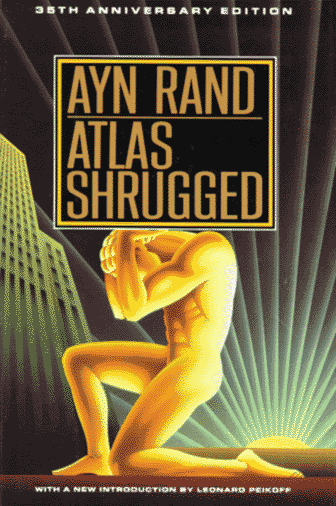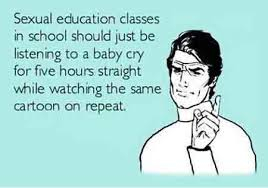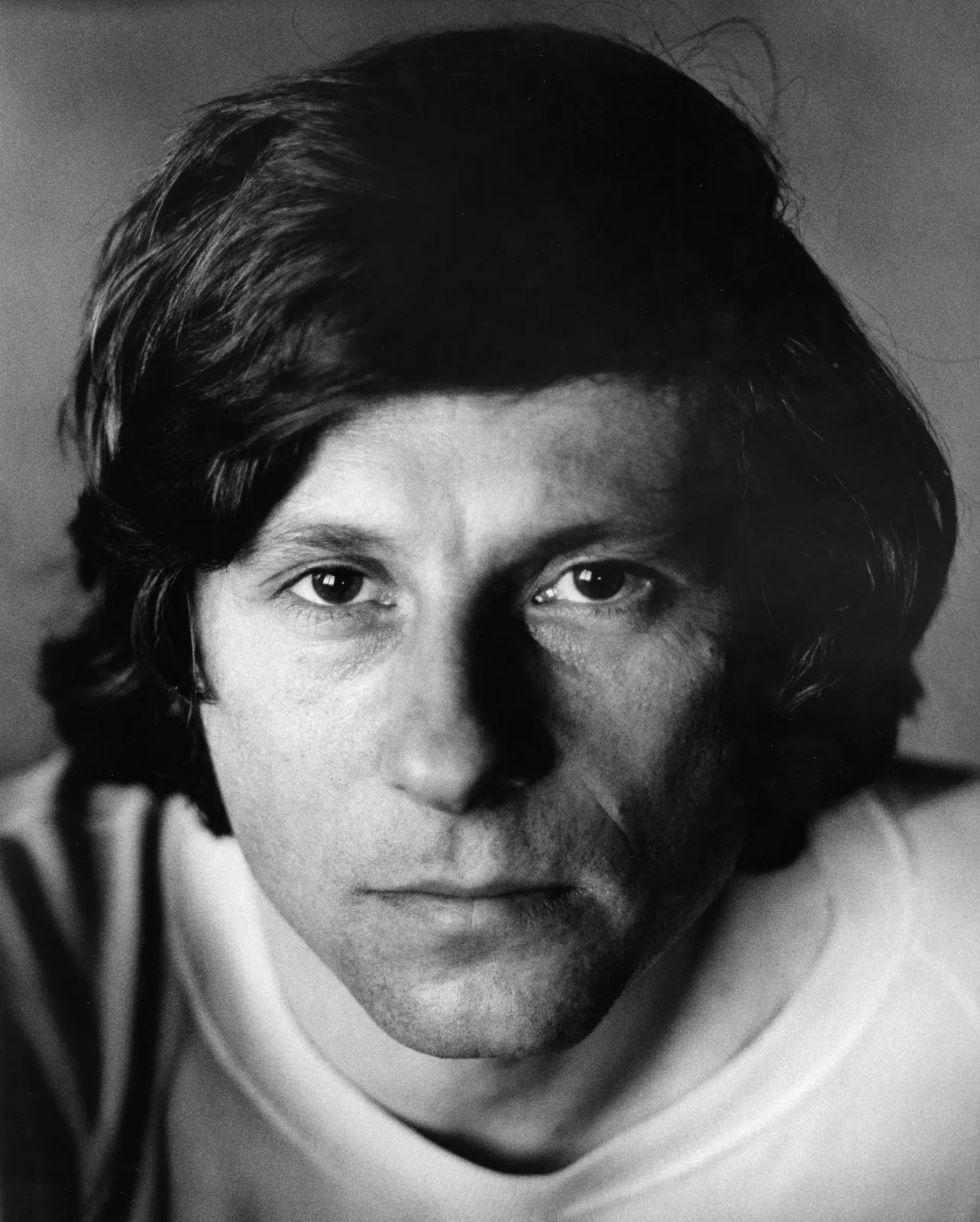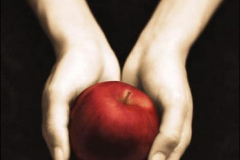NOTE: This is the first in a series of several posts David Nygren of The Urban Elitist and I will be cross-blogging concerning the issue of authors (whether traditionally published, e-published, or self-published) actually getting paid for their work.
I’ve been thinking about this for a while; how, if the product you offer is free, can you make a living at it? Answer’s simple: You can’t. So why do we writers do this? Just be read? Really? I thought I might need therapy, which is when I began writing this post.
In David’s excellent post, How to Get Your E-book Read, my overriding thought was that getting read is not the problem. In the era of “information wants to be free,” getting paid will be the problem. His article was serendipitous because then I knew I wasn’t alone in my thinking and we began to talk. Since he and I started brainstorming last week about what facets of the money issue we could cover (and believe me, we’ve uncovered more facets than a 2-carat marquis diamond), I’ve seen three disparate conversations/articles concerning this.
First, this Dear Author thread (almost 550! comments) wherein an author stated that she pulled a series because her work was pirated so heavily she couldn’t make money on it and, further, that if a day came that she couldn’t make money writing, she’d just stop.
Second, Ara13 in this Publishing Renaissance thread says:
I read last week how one of this blog’s bloggers complimented a writer by saying she passed on her book to a friend. I winced. For me, that was a back-handed compliment. Sure, it’s great that you like my work and want others to be exposed to it, but if you really want to help, you’ll buy them a copy. Sorry, but being able to pay my rent and grocery bills allows me to pursue such a creative endeavor.
Third, this Time article, most of which is quotable, but this is the phrase that stuck out to me:
From a modern capitalist marketplace, we’ve moved to a postmodern, postcapitalist bazaar where money is increasingly optional.
Postcapitalist.
Money optional.
I nearly had a heart attack.
When I was 18 and new to college, I had a teacher who told me, “Don’t give away your knowledge. You earned it, you paid for it in time, money, blood, sweat, and tears. Don’t give it away for free.”
I choked. It went against everything I’d been taught both at home and at church (Mormons have no paid clergy; it’s strictly volunteer), and I was horrified. Then that teacher went on to prove himself an asshole, so I felt vindicated.
 But as I got on in life and saw that those who have knowledge and who teach for little or no money aren’t very … respected. And I read books of philosophy that changed my thinking. Yeah, one of them was Atlas Shrugged. Sue me.
But as I got on in life and saw that those who have knowledge and who teach for little or no money aren’t very … respected. And I read books of philosophy that changed my thinking. Yeah, one of them was Atlas Shrugged. Sue me.
Then I got along farther in life and saw that sharing a little quality knowledge is useful as well as generous. It’s empowering to giver and taker. It at once gives the receiver a fish so that he doesn’t keel over from hunger and teaches him how to use a fishing pole. It’s a personal choice in how to balance what to give, how much, and when. However.
There is a price:
- Expectation and entitlement. As in, some people will then feel entitled to more of the giver’s knowledge, and possibly get upset when more is not forthcoming.
- Devaluation. As in, whether it’s taken or not, it will be seen as disposable because it’s cheap or free. “This is advice is free, so it’s worth what you paid for it” takes on a whole new meaning in today’s postcapitalist, money-optional bazaar.
I have fear for the future of information.
What I truly fear is that all content, all information, all written entertainment, will be free and thus, devalued. The consultant (knowledge) and artist and musician and author need to be rewarded monetarily for their work or else they can’t eat.
Most consultants will find a way to monetize their knowledge. Chris Brogan does. Ramit Sethi does. Christine Comaford-Lynch does. Suze Orman does. No matter how much they give away.
Artists find ways to monetize their knowledge, from the elite to the bourgeois to the commercial to the assembly line.
Musicians tour and sell merchandise. (I probably should’ve used Radiohead for that example, but oh well.)
But most writers have no real avenue of residual earnings off their writing, except through direct sale of the work itself. Most writers will do whatever it is they do anyway without pay and continue to sling hash and throw themselves on the altar of “honing their craft” in order to earn the approbation of agents and editors (if they continue to exist in any number). They’ll take increasingly lower wages in order to be afforded the privilege of writing for money (i.e., “be a REAL writer”) for the cachet of having gotten The Call.
And then they’ll be pirated one way (cutting a print book open and scanning it) or another (file sharing).
Because the consumer has been trained via a number of methods to feel entitled to intellectual property and will, in turn, slap down any writer egotistical enough to say, “Hey, the work product of my brain is worth money.” They’ll do this through two methods:
Refuse to pay and not consume, then find free (possibly inferior, probably equivalent, possibly superior) content elsewhere.
Refuse to pay and consume anyway. Piracy.
No, his mind is not for rent to any god or government.
Nor, I would add, a self-entitled public. It should be for sale.
Aside: I needed the expertise of an editor to thoroughly go over my book. I paid her. I will not disclose how much because I don’t want to think about it; however, she had expertise I did not and I felt … weird … about asking someone to do that much work for little to no money.
What’s the answer?
Hell, I don’t know.
Rand had her architect and her musician and her novelist ride off into the sunset poverty-stricken for the sake of their art, taking their work with them.
The Internet drowns in pundits and theorists claiming, “Information wants to be freeeeeeeeeeeeeee!”
The writer in me, the one who was reared to give away knowledge, still hears the siren call of That One Person to whom what I have to say will make a difference in his life and possibly change it for the better—whether I know it or not.
The entrepreneur in me wants to make a living doing what I love to do. Validation is gravy, but I gotta have the spuds.

 But as I got on in life and saw that those who have knowledge and who teach for little or no money aren’t very … respected. And I read books of philosophy that changed my thinking. Yeah, one of them was
But as I got on in life and saw that those who have knowledge and who teach for little or no money aren’t very … respected. And I read books of philosophy that changed my thinking. Yeah, one of them was  I had a real character of a supervisor once. The minute I clapped eyes on her, I felt real pity deep in my soul.
I had a real character of a supervisor once. The minute I clapped eyes on her, I felt real pity deep in my soul. Anyhoo, over the next year, she taught me a lot about life. Well, no, not life. About money. About how to make money. Because, contrary to my first assumption, she was not eating cat food. She was richer than God. Older than Him, too, but that’s neither here nor there. She worked full time to pay her taxes because she didn’t want to dig into her principal.
Anyhoo, over the next year, she taught me a lot about life. Well, no, not life. About money. About how to make money. Because, contrary to my first assumption, she was not eating cat food. She was richer than God. Older than Him, too, but that’s neither here nor there. She worked full time to pay her taxes because she didn’t want to dig into her principal. Nothing Apple is doing on this front makes sense to me.
Nothing Apple is doing on this front makes sense to me.  We just gave up our water cooler and water service.
We just gave up our water cooler and water service. But money? Well, we treat that like it’s too sacred to be spoken of in detail and with clarity.
But money? Well, we treat that like it’s too sacred to be spoken of in detail and with clarity. I’m tired of having to tart my 5-year-old FEMALE Tax Deduction up like a 63rd & Prospect streetwalker. There’s this thing called a waist. There’s this other thing called a waistBAND. The waistBAND should come up all the way to the waist.
I’m tired of having to tart my 5-year-old FEMALE Tax Deduction up like a 63rd & Prospect streetwalker. There’s this thing called a waist. There’s this other thing called a waistBAND. The waistBAND should come up all the way to the waist.


